Cat Vomiting After Giving Birth: Causes & Treatment
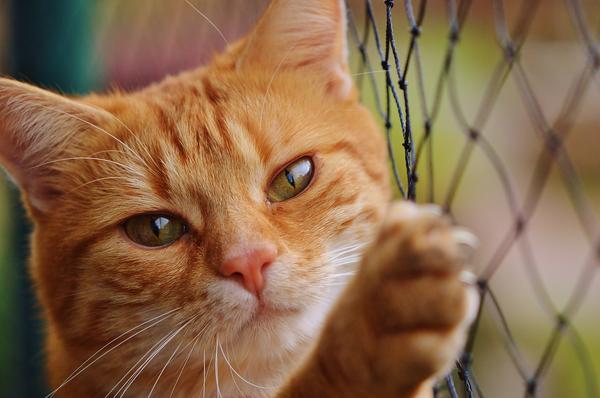
Cat vomiting after giving birth - it's enough to make any cat owner feel a sense of panic.
But before you start imagining worst-case scenarios, let me ask you this:
Are you worried sick about the health and well-being of your cat? 😟
Well, fret not, my friend.
Let's dive in and find out together.
Why Is My Cat Vomiting After Giving Birth?
Vomiting after giving birth is common in healthy cats due to factors like low blood calcium levels, food allergies, hidden pain, stress, and the kittens' underdeveloped digestive systems. Monitor your cat closely and consult a veterinarian if concerned.
After giving birth, it's not uncommon for your cat to vomit.
Yes, that's right.
Vomiting and diarrhea after giving birth are considered normal for a healthy cat.
So don't worry just yet.
You see, there can be a few different reasons why this happens...
One reason could be low blood calcium levels, which can make your cat feel sick, tired, and weak.
It might also experience decreased appetite, tremors, the whole nine yards.
Food allergies can also contribute to vomiting after giving birth.
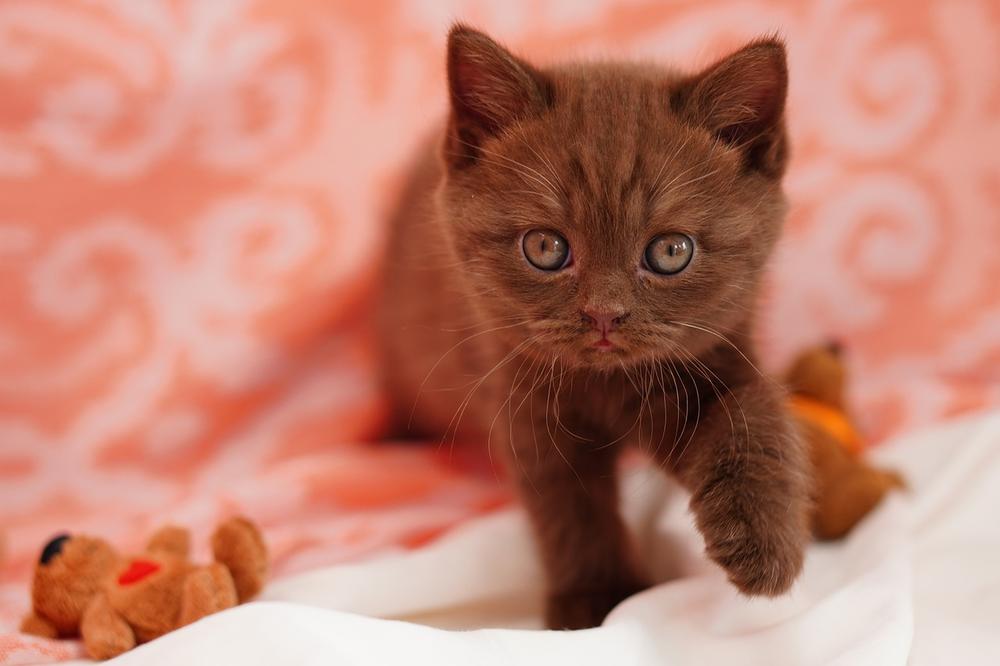
So you might want to consider switching your cat's diet, eliminate any potential allergens, and see if that helps the situation.
Oh, and here's a kicker...
Cats may even experience morning sickness during pregnancy. Just like humans!
Another thing to keep in mind is that the act of giving birth can actually cause hidden pain for felines.
This pain and stress from giving birth can potentially result in vomiting.
Now, let's not forget about the kittens.
Their tiny digestive systems aren't fully developed yet.
So put that together with the added stress from giving birth and you may find your cat doing some vomiting.
Always keep an eye on your cat post-birth and consult with a veterinarian if you have concerns.
Main points I'll expand upon further down this article:
- Milk fever, or low blood calcium levels after giving birth, can cause muscle tremors, seizures, and fever. Treatment involves calcium gluconate and oral supplements.
- Uterine inflammation, known as metritis, can occur shortly after giving birth and may require spaying in severe cases.
- Watch for signs of complications after birth, such as lack of appetite, continuous vomiting, or changes in behavior, and seek veterinary attention if necessary.
- Cats may vomit after giving birth due to consuming feces or cleaning up after kittens. Other causes include gastroenteritis, foreign object ingestion, or internal parasites.
- Treatment for vomiting depends on the underlying cause and may involve medication, surgery, or dietary changes.
- Give the mother cat solitude and avoid touching the newborn kittens without necessity.
- Begin socializing the kittens gently starting in week two, but recognize their reliance on their mother for protection and feeding.
- Neutering the female cat is important for preventing unwanted litters and certain health issues.
- Monitor the weight gain of the kittens and seek veterinary care if there are concerns or problems with caring for them.
- Seek veterinary attention if vomiting persists for 24 hours or if there is blood present.
But what if the vomiting after giving birth isn't just normal?
Let's dive deeper into potential health problems...
What Is Eclampsia?
Are you worried about your cat vomiting after giving birth?
Wondering if it's normal or a sign of something more serious?
Well, let me tell you, Eclampsia is no laughing matter.
It's also known as milk fever or puerperal tetany, and it can happen to mother cats after giving birth.
The key to preventing eclampsia is providing your pregnant cat with proper nutrition throughout her pregnancy. So, make sure you're feeding her a well-balanced diet.
And don't be afraid to consult with a veterinarian to ensure she's getting all the nutrients she needs. Trust me, it's worth it!
But here's the thing:
Some cats experience low blood calcium levels within 2-4 weeks after giving birth.
And let me tell you, that's bad news. If your cat starts showing symptoms like muscle tremors, seizures, or fever, it could be a sign of eclampsia. And I'll admit, it's pretty scary to watch.
If you suspect your cat has eclampsia, the first step is to get a blood test done by a professional.
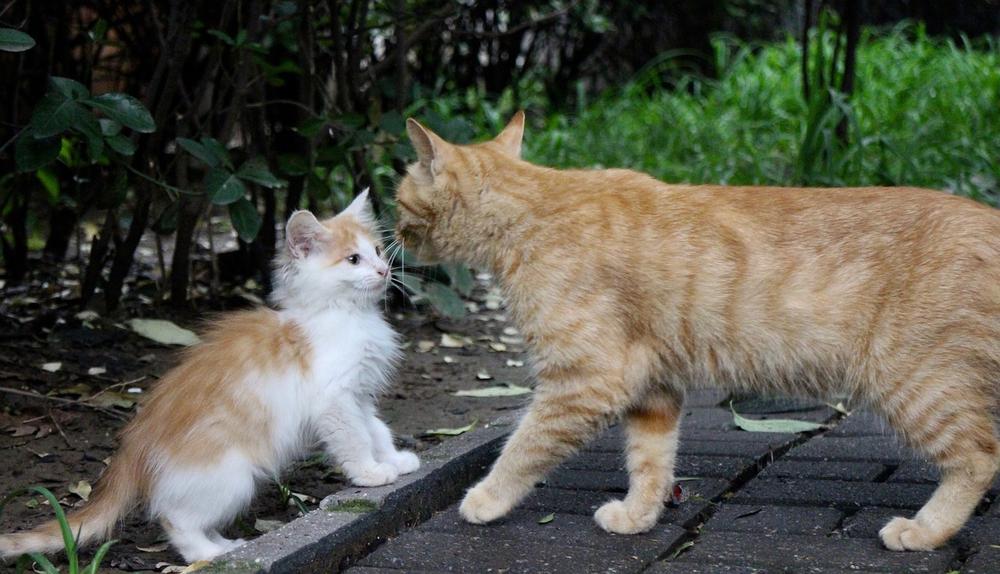
They'll know what to do and how best to treat it. Treatment usually involves careful administration of calcium gluconate, sometimes alongside oral supplements. And in severe cases, cooling methods may be used to reduce fever.
Because seriously, nobody wants a hot cat on their hands, right?
To manage the seizures, anti-seizure medication can be helpful, while mannitol can address any brain swelling.
And don't you forget, in some cases, the litter may need a milk replacer until the mother cat's blood calcium levels are back to normal.
Think of it as giving kittens milk without mom around.
Here's something important though:
Cats experiencing eclampsia may require intravenous calcium supplementation every 6-8 hours until they stabilize.
It might sound like a lot, but trust me, it's for their own good.
So, that's the lowdown on eclampsia in cats.
If you want more detailed information on reproductive causes of hypocalcemia, be sure to check out some relevant resources.
Trust me, it's worth educating yourself about this condition to keep your furry friend healthy and happy.
Metritis in Cats
To keep your cat safe from uterine inflammation or endometritis after giving birth, maintaining good hygiene is key.
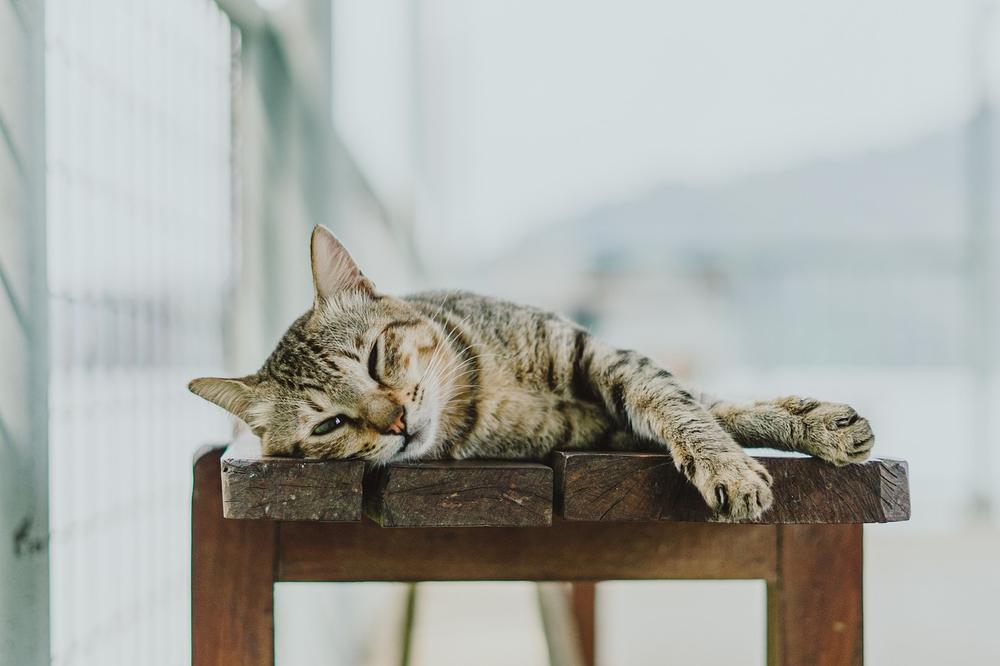
Here's what you can do to reduce the risk:
- Keep the area where your cat gives birth clean by regularly cleaning and disinfecting it.
- Make sure your cat has fresh bedding for a clean and comfy environment.
- Look out for symptoms like vaginal discharge, loss of appetite, lethargy, and fever - they could mean she has metritis.
- If you suspect metritis, don't delay - seek veterinary help immediately to prevent complications like retained fetuses or a ruptured uterus.
- Spaying your cat after she gives birth can greatly lower the chances of metritis happening in future pregnancies.
- If the mother cat has a bacterial blood infection while nursing, you might need to hand-rear the kittens to keep them from getting infected.
Metritis or endometritis can also lead to vomiting after childbirth, so keep a close eye on your cat and if anything seems off, talk to a vet. 😺
So, now that you know how good hygiene can help prevent metritis in cats after giving birth, let's explore what other complications you should be aware of to ensure your cat's well-being.
Because remember, the key is to always prioritize your fur baby's health and safety!
Determining the Suitable Time to Take Your Cat to the Vet Following Birth
Signs of complications after giving birth
After your cat gives birth, you need to keep a close eye on her to check for any signs that something might be wrong.
Here are a few things to watch out for:
- If your cat isn't taking care of her kittens, like nursing or grooming them, it could mean there's a problem.
- If your cat seems extra tired or weak, it could be a sign that something's not right.
- Pay attention to your cat's appetite. If she's not eating or drinking as usual, it may be a cause for concern.
- If your cat is vomiting continuously for more than 24 hours, has blood in the vomit, or is becoming dehydrated, you should take her to the vet immediately.
- If your cat is having trouble feeding her kittens or refuses to feed them at all, it's important to seek veterinary care.
Monitoring the health of the kittens
While you're keeping an eye on the mother cat, it's also critical to monitor the health of the kittens.
One thing you should pay attention to is their weight gain during the first few weeks.
If you notice that a kitten isn't gaining weight or seems weak, it's a good idea to consult with a veterinarian.
If you have any worries or encounter any problems while caring for the kittens, don't hesitate to seek veterinary advice. They can give you guidance on feeding, hygiene, and in essence kitten care.
Neutering your cat and preventing further pregnancies
Getting your female cat neutered is really critical to prevent both unwanted litters and certain health issues.
I recommend talking to a veterinarian to figure out the best time for neutering based on your cat's individual circumstances.
To make sure your cat doesn't get pregnant again while still nursing her current litter, it's a good idea to keep an unneutered female cat indoors until her kittens are at least eight weeks old. This will help ensure she doesn't mate again and become pregnant.
By taking these steps, you're ensuring the health and well-being of both the mother cat and her kittens, giving them the best care possible.
Now that you know what signs to watch out for and how to monitor the health of both the mother cat and her kittens, there's one more important aspect to consider - the bedding.
While I focused on their overall well-being in this section, you might be wondering if there's a need to change the bedding.
If you're curious about this topic, I invite you to read my article Should I Change the Bedding After Cat Gives Birth.
Discovering whether it is necessary or not can provide valuable insights for you and your cat's comfort.
How Can You Stop Your Cat From Vomiting?
Is your cat puking and you're getting worried?
Here are some tips to help you out:
- Don't make sudden changes in your cat's diet because it can cause vomiting if they have food intolerance or sensitivities.
- After giving birth, cats might puke from eating poop and cleaning up after the kittens.
- Stomach ache, puking, and diarrhea could mean gastroenteritis, which might need medical attention.
- If your cat swallowed something weird and starts throwing up, take them to a vet asap.
- Vomiting could be caused by nasty parasites like roundworms, heartworm, tapeworms, or hookworms, but don't worry, parasite meds can handle that.
- The treatment for puking depends on what's causing it. It could be anything from medication and hospitalization to going under the knife or changing their diet.
- To prevent puking, try reducing your cat's stress by feeding them more often, providing shelter, and keeping their litter box clean.
- After giving birth, medicine for nausea, fluids, and a boiled chicken and rice diet can help with gastroenteritis.
- If your cat vomits regularly or you notice blood, there might be something blocking their esophagus or stomach, so get them checked out by a vet.
- Stop the puking by changing their diet or dealing with stress. But if it keeps happening for 24 hours or there's blood, better consult a vet.
When cats barf, it might mean there's an underlying problem, so keep an eye on their health.
And guess what happens when you finally start socializing those adorable little kittens?
You won't believe the magical moments that unfold right before your eyes... But before we dive into the heartwarming details, there are a few important things to PLEASE bear in mind after your cat gives birth...
Can You Touch Kittens After Birth?
Right after giving birth, a mother cat needs some alone time. Steer clear and don't get too close, as she might lash out.
You should avoid touching the newborn kittens unless it's absolutely necessary.
The mama cat can get defensive or even reject them altogether.
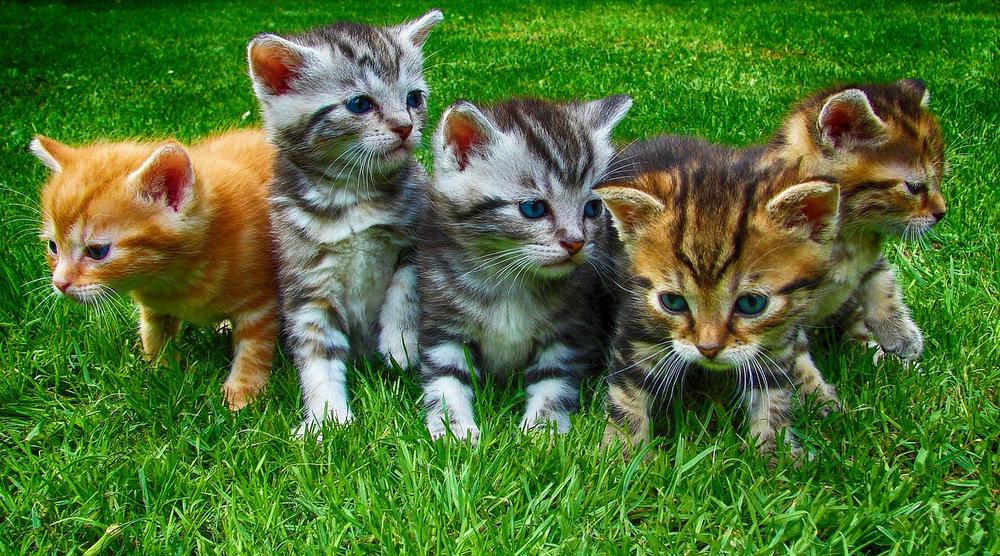
But once those little furballs hit week two, it's time for some gentle socializing.
Give 'em a bit of that human touch.
Here's something to remember:
These teeny tiny bundles rely heavily on Mama for protection, warmth, and feeding every couple of hours.
And that wraps up today's article.
If you wish to read more of my useful articles, I recommend you check out some of these: Why Is My Pregnant Cat Not Eating, What to Expect After Deworming a Cat, Why Does My Cat Have a Dry Nose, What Happens if Your Cat Eats or Licks Toothpaste, and Why Is My Cats Nose Crusty and Black
Talk soon,
-Sarah Davis